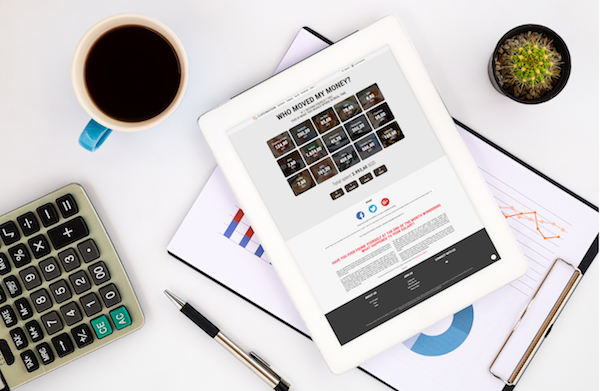by Ralph Perdomo, research analyst at Nvoicepay
While cleaning AP’s processes may not be glamorous, it’s a task that must be done and done regularly.
With just the right amount of elbow grease, these 6 tips and tricks will get your AP process shining in no time:
1. Single point of entry for all invoices.
Invoice entry is, arguably, the most critical part of the AP process. After all, you can’t pay a supplier if you don’t know what you owe a supplier. From issuing payments faster to reducing fraud, a single point of entry has far reaching benefits for the AP department.
Pushing for a single invoice entry point, however, requires drawing a line in the sand.
Start by creating a special invoice-only email address. Make sure suppliers are aware of this change in protocol and begin enforcing it by reminding suppliers that emails sent to any other address will not get paid. Money can, after all, play the part of both the carrot and the stick.
And for those tech-averse suppliers; replace AP’s fax number with a virtual one that automatically converts faxes into emails.
Again, this may all be easier said than done — especially considering any restrictions in your supplier agreement contract. What’s that? You haven’t updated your supplier agreement?
2. Update supplier agreement contracts.
Get in the habit of checking this vital contract often. The only way to get the best performance from payables is by not relying on rules made back in the Clinton administration—you don’t want to hamper AP with rules based on old technology.
For example, rules specifying the frequency of check issuance may have its roots based on postage transit time — a rule that shouldn’t apply to electronic payment. If these types of rules are in place, you can be certain AP staff will follow those to the letter—waiting for the last day to issue payment, “because that’s the way it is.”
This kind of rule-entrenchment can put a damper on discounts and stifle efficiency.
3. A 1099 for every W9 — and vice versa.
“This is a one-time low-cost supplier, I don’t need their W9.”
How many times has that sentence been uttered from receivables or procurement only to end up scrambling for vital tax information later in the season?
Don’t ever think one lowly supplier won’t meet the $600 threshold the IRS sets for 1099s. Whether it’s a one-person shop or a large corporation, always collect pertinent tax information from each and every supplier.
This is an instance where the payables compliance process should influence policy in other departments; insist that every supplier provide a W9 — this makes issuing a 1099 easier by years end.
4. Limit one-off payments to card.
Try as you will, there’ll always be a one-off where you can’t rely on the playbook. That’s to be expected.
However, in the case of paying suppliers, insist that one-off situations be paid by card. Or, barring a supplier’s ability to process invoices by card, ACH — but never paper check.
The robust nature of card transactions allows AP to quickly pay suppliers and removes the burdensome follow-up of reconciliation.
Plus, invoice payments sent by card hit the suppliers account much much faster than conventional check.
5. Clean your MVF regularly.
We find ourselves saying this time and time again — clean your MVF.
Maintaining the MVF, then, should really be our “no. 1″ tip.
AP staff should remove any inactive supplier. This is defined as any supplier that hasn’t been issued a payment in three, six, or 12 months. Doing so on a regular basis will slowly churn out stale suppliers.
It’s this constant and repeated MVF maintenance that most AP staff fails to do—which can introduce fraud and hamper supplier relations.
6. Go paperless — rid AP of paper invoices and checks.
We’ve been circling around this in the tips above, so let’s out and say it clearly: The no. 1 tip for any accounts payable department is to go paperless.
Which, again, is much easier said than done.
It’s best to take small steps towards a paperless payables process.
Aim for 3% of suppliers converted to paperless payment per quarter (or any percentage you want). Ultimately, aim for 0 paper payments. As they say: “Aim for the moon, even if you miss, you’ll land in the stars.”
Ralph Perdomo is a Research Analyst at Nvoicepay and is passionate about technology and behavioral economics. He is a Miami native and graduate of Florida International University. When he’s not devouring information on the latest tech trends, you can find him marathon training.
from Young Upstarts https://ift.tt/2NVoMyY via website design phoenix


No comments:
Post a Comment